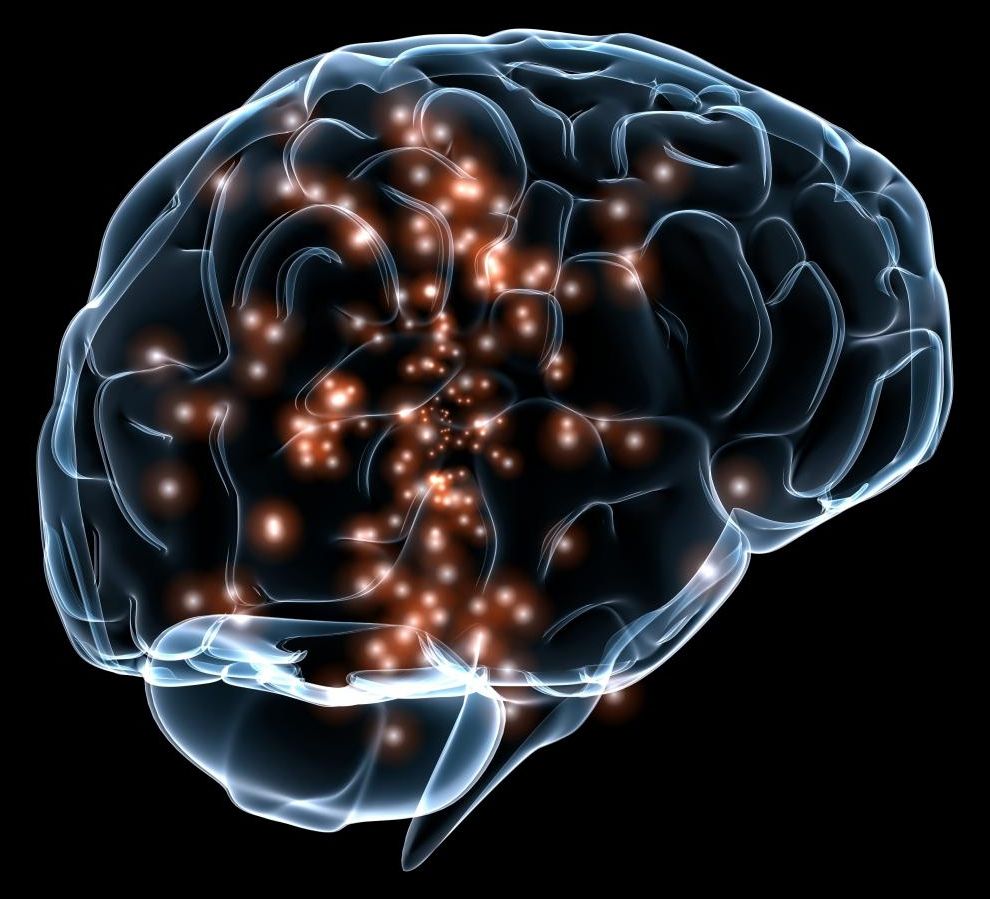Researchers have constructed the first comprehensive model of how neurons in the brain behave when faced with a complex decision-making process, and how they adapt and learn from mistakes.
The mathematical model, developed by researchers from the University of Cambridge, is the first biologically realistic account of the process, and is able to predict not only behaviour, but also neural activity. The results, reported in the Journal of Neuroscience, could aid in the understanding of conditions from obsessive compulsive disorder and addiction to Parkinson’s disease.
The model was compared to experimental data for a wide-ranging set of tasks, from simple binary choices to multistep sequential decision making. It accurately captures behavioural choice probabilities and predicts choice reversal in an experiment, a hallmark of complex decision making.










Comments are closed.